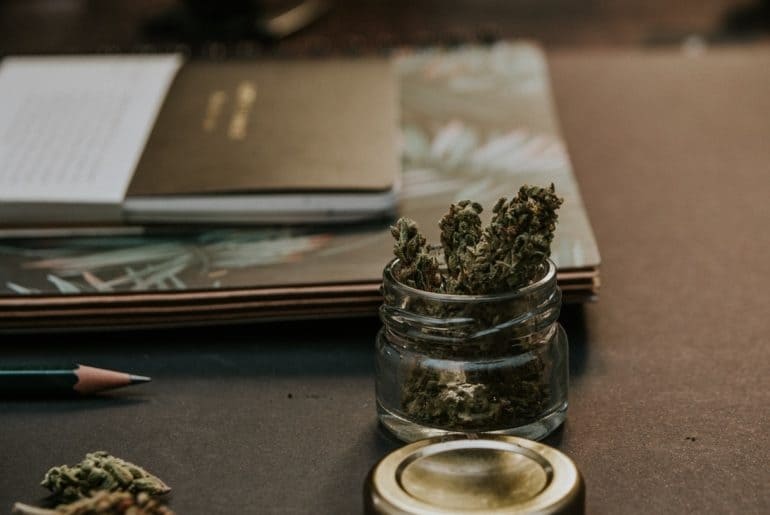
Canada is quickly becoming one of the top underrated places to travel. After the recent legalization of marijuana, there is a whole new industry that has cropped up related to weed. Everything from herbal remedies to baked goods have emerged as secondary markets in the region. There is even a prolific market for weed based dog treats to cure pet-anxiety. The traditional dispensary is quickly evolving to keep up with market demand.
Vancouver is an interesting example of this scenario. There are currently more illegal dispensaries than there are Starbucks outlets in the city. You can buy a coconut-chocolate-weed infusion just as easily as you would a ChocoMocca latte here.
The government is trying its best to curb the black market in the space, which is estimated to be close to 5 Billion CAD. That market is a large one to disrupt, leading many to believe that supply needs to outgrow demand for the product.
Canada’s doing all it can to curb the market, empowering hundreds of unarmed inspectors to shut down dispensaries on the spot. This can rapidly change the black market and make it redundant in the future.
The real problem is the lack of quality supply to keep up with rising demand. That’s why customers opt for tax-free (and often cheaper) black market alternatives. With increased regulation, the black market may possibly shrink over time.
Toronto saw 5 illegal dispensaries being shut down a few days after the law went into effect. Many other cities are following suit. The flip-side of the picture is the irregularity with which licenses are being provided. For growers who were generating income illegally, there are few ways of applying for a legal license.
This opens up the market for outside growers to enter Canada and create a legal brand in the growing economy. The problem for the residents lies in the habit of calling up your local dealer. It’s simpler than having to visit a dispensary and not knowing whether it is legal or not. Since you already have a relationship established with the dealer, you won’t want to experiment outside of that network.
What are the dispensaries doing about it? Not much as it turns out. Only $180,000 of the $3 Million worth of fines issued was paid so far. Dispensaries are waiting for consumer trends to evolve and for government to relax these rules. Legislation was only the first step. Now comes a host of new challenges which involve increased investment in inspections.
Finally, the licensing fees can range anywhere between $500 to $30,000 depending on the state and the type of operation you’re running. This is also indicative of how each state wants to manage the industry from within. That’s another impediment for black market dealers to turn towards the legal route.
With decreased red tape, increased accessibility and assistance, the industry can grow many times over. With Canada running out of legal marijuana this year, next year seems brighter than before. In conclusion, there is a market out there ready to expand but it needs legal clarification and assistance across the board.


